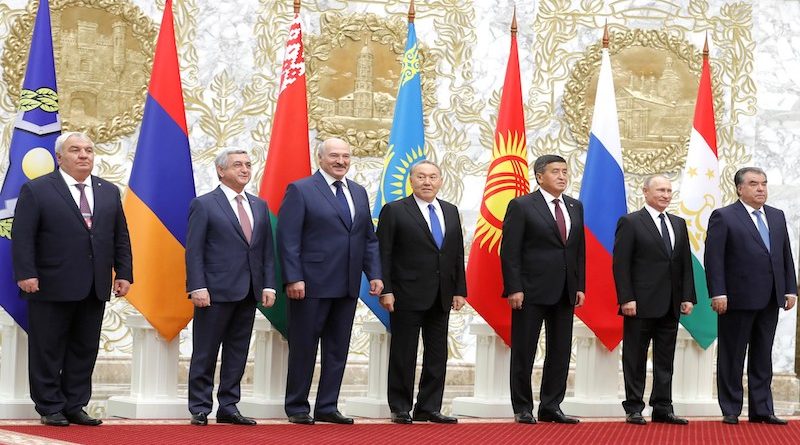Ecaterina Locoman & Transformation of alliances: Mapping Russia’s close relationships in the era of multivectorism
Ecaterina Locoman is a Senior Lecturer at the Lauder Institute, University of Pennsylvania, and Mihaela Papa is an Adjunct Assistant Professor at The Fletcher School.
Professor Mihaela Papa’s recent scholarly article for Contemporary Security Policy journal highlights and analyzes Russia’s post-Cold War alliance structures and their functioning.
Abstract:
Russia led a key Cold War alliance and is now at the forefront of debates about major power realignments. Yet Russia’s own conceptualization of alliances in the post-Soviet era has received scant attention. How do Russian policymakers and academics view Russia’s post-Cold War alliances: Are they obsolete, or are they still used for cultivating strategic relationships? We examine the Russian conceptualization of alliances through a systematic study of Russian policy documents and academic debates between 1991 and 2019. We find that traditional alliances are considered ineffective and defense commitments have declined. However, we challenge claims that alliances are obsolete and that alignments/multivectorism have replaced them. Russian regional alliances are cultivated for new purposes and coexist with various other institutional forms. We conceptually map Russia’s close relationships and argue that alliance scholarship needs to move away from a single entity focus toward conceptualizations based on institutional choices.
Click here to read the full article.
This piece was republished from Taylor & Francis Online.

